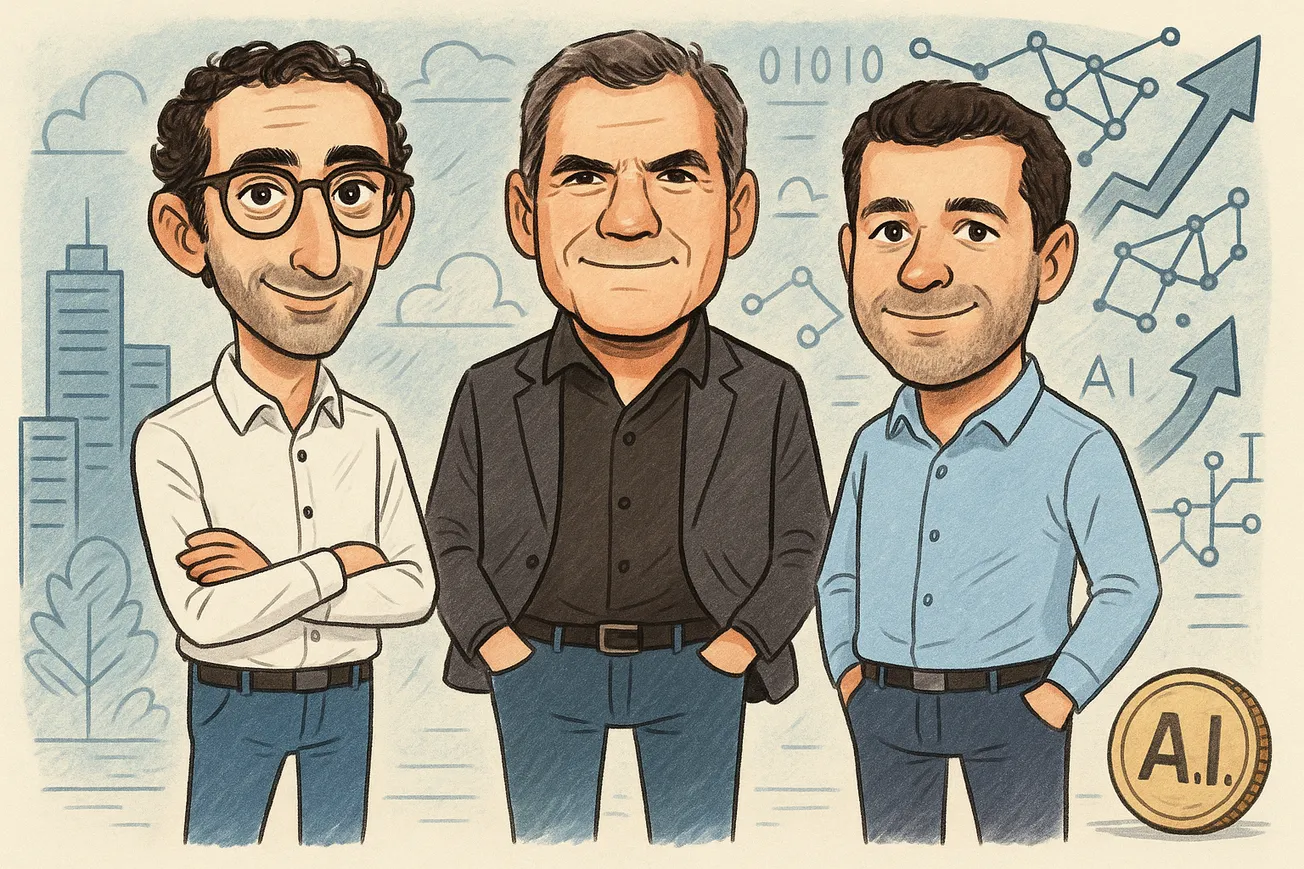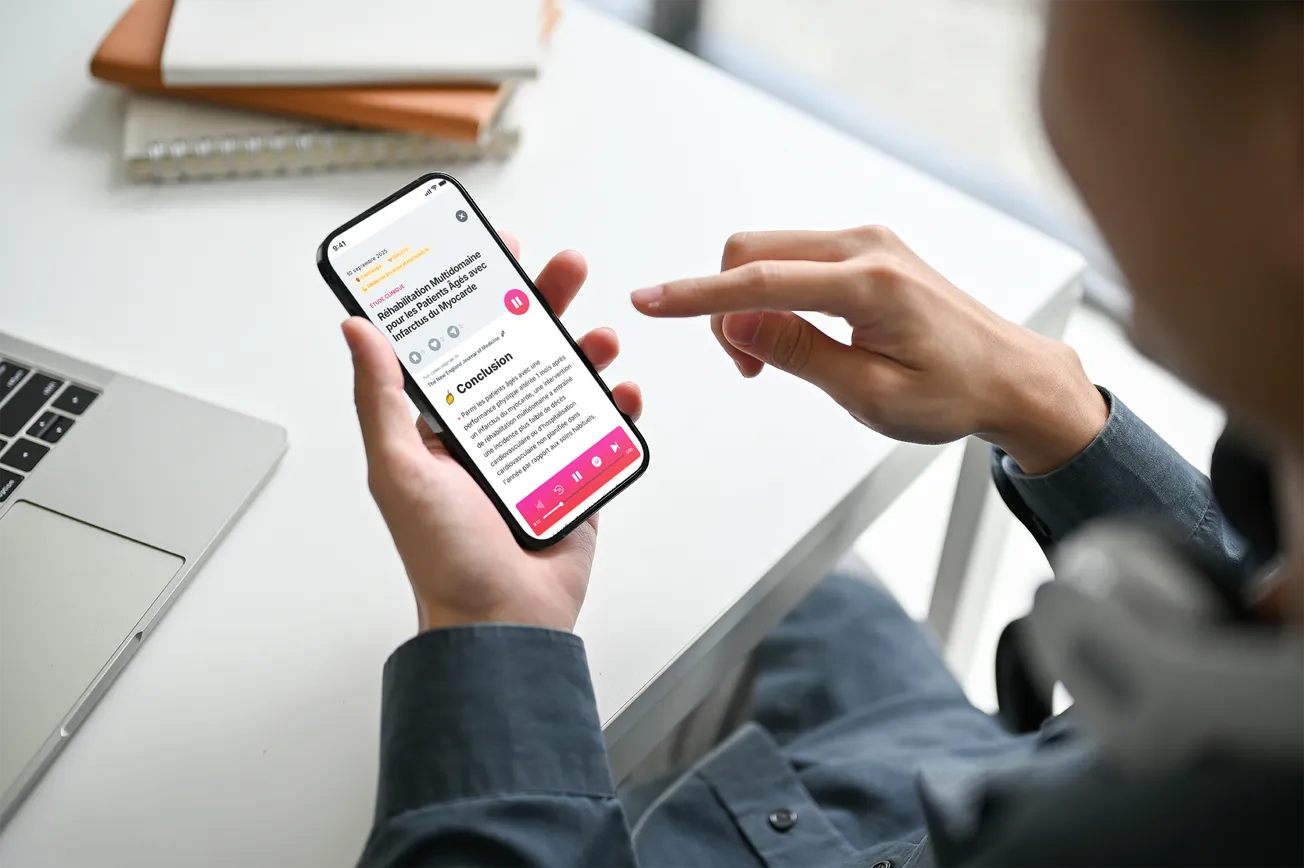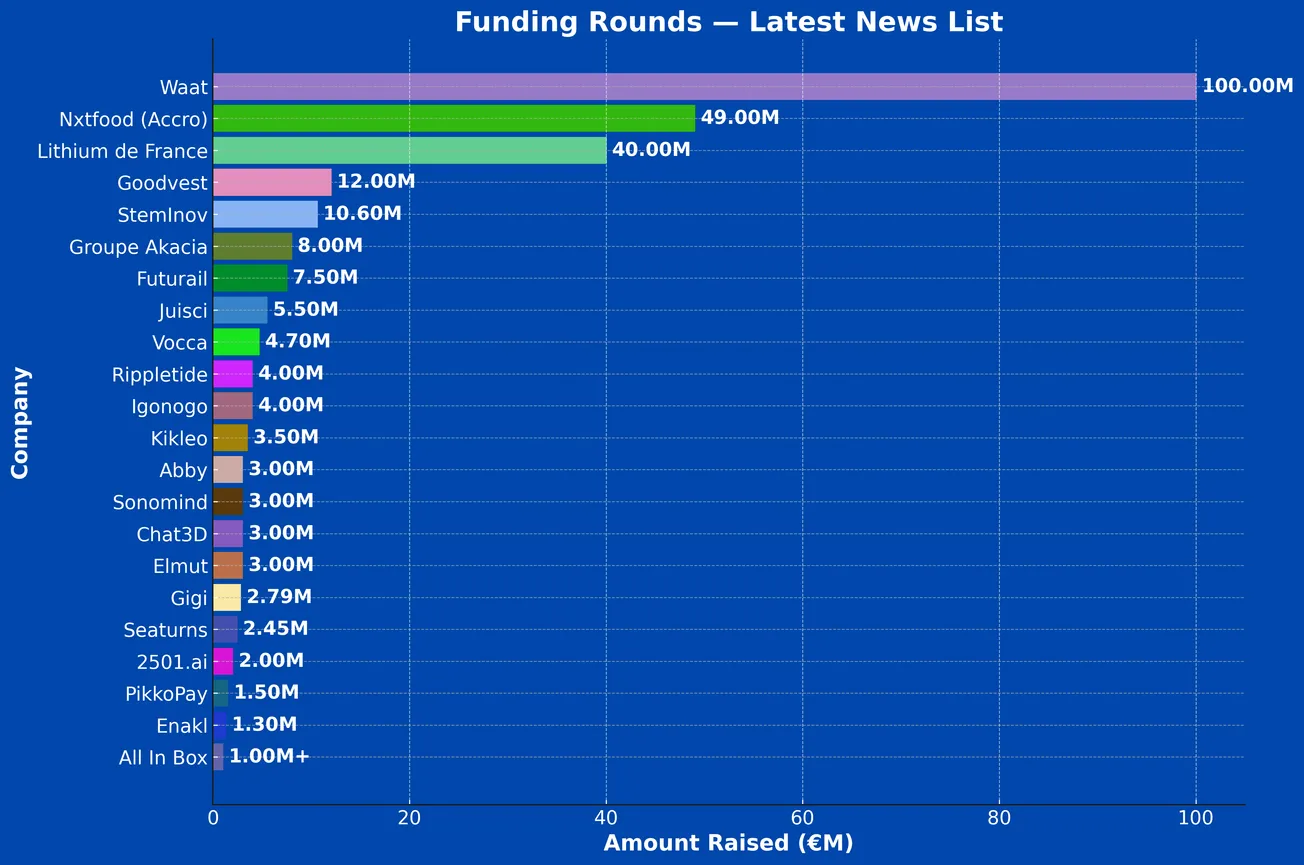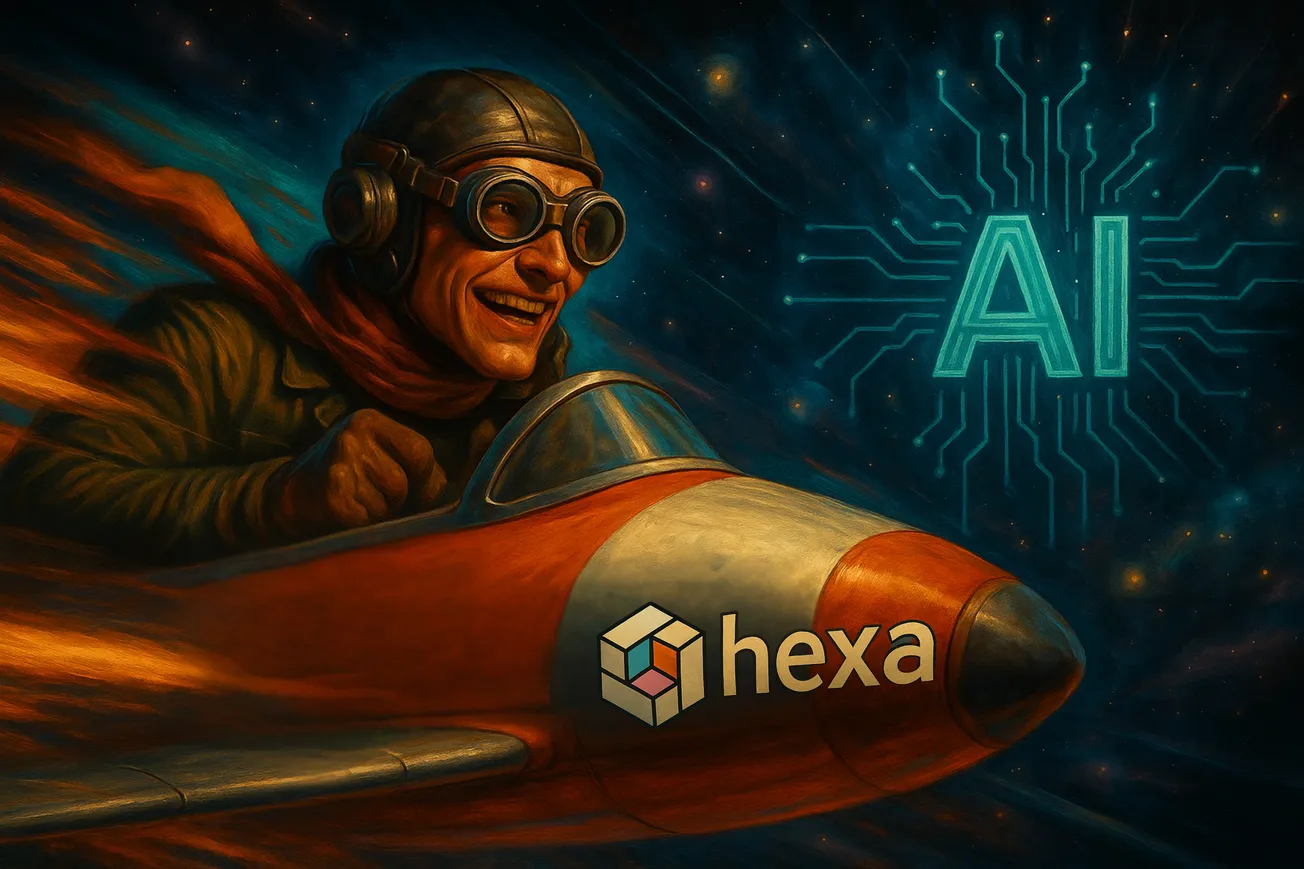AI Summit Day 1: Creating a Virtuous Circle between AI, Creation & Information
"If we kill creativity and creators, we kill the human soul. Culture is what tells us where we come from, what unites us."

Latest
La Machine #44: A €100M AI Fund To Defy Silicon Valley's Siren Song
C4 Ventures launches a €100M fund as French AI startups raise €30M+ across 8 deals, from Juisci's medical research platform to Chat3D's generative models. Yet Gigi and Rippletide still decamp for Silicon Valley despite strong European momentum.

C4 Ventures Bets €100M on Europe’s AI Future: New Fund and Partner to Challenge Silicon Valley & China
Paris-based C4 Ventures launches its third €100M fund and adds deep tech investor Valère Rames, underscoring its conviction that Europe can build world-class AI, quantum, and robotics companies despite a tough VC climate.

How Juisci Is Using AI to Save Doctors 8 Hours a Week and Fight Medical Misinformation
French startup Juisci just raised €5.5M to help 200,000+ doctors cut through the flood of medical research. Its AI app turns dense PDF studies into bite-sized insights, saving hours each week and fighting disinformation. Science, served up like Spotify.

French Tech Funding Wire September 26: Waat, Nxtfood, Goodvest & More!
Between September 22 and September 26, a total of 23 companies raised €271.8M, including: Lithium de France, StemInov, Groupe Akacia, Futurail, Juisci, Vocca, Rippletide, Igonogo, Kikleo, Abby, Sonomind, Chat3D, Elmut, Gigi, Seaturns, 2501.ai, PikkoPay, Enakl, and All In Box.

